As the climate changes and the planet warms, oceanic ice is melting and sea levels are rising. There is concern that this will mean we lose land mass around existing coasts and, crucially, that islands may be completely swallowed by the water.
But in a pleasant surprise, it appears that 1,000 islands in the Maldives that were highlighted at risk of being lost to the waves appear to be growing. And the reason may actually be linked to climate change.
A Climate Comeback Story
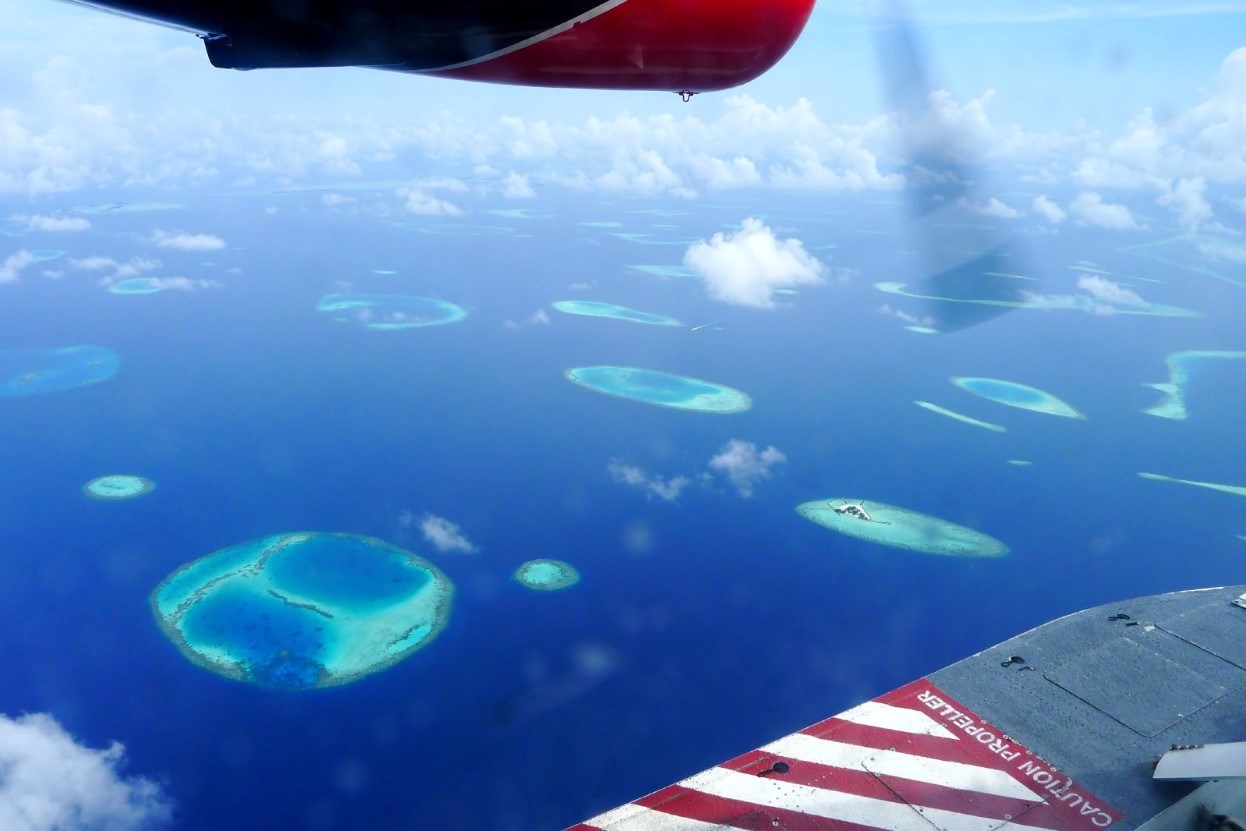
Almost 1,000 low-lying tropical islands in the Indian Ocean that were once considered doomed to be lost appear to be enjoying an unprecedented recovery.
Rather than shrinking as they are slowly claimed by the rising tides, they instead have remained steady in size, with some actually showing signs of growth.
Islands at Risk

Conventional thinking would have it that as the planet’s oceans rise, then existing land will be lost.
Many fear that climate change could render thousands of tropical islands uninhabitable in the coming decades. Indeed these tiny islands in the Maldives, many just barely peeking above the waves, were feared to be among the first that would be lost entirely.
The View from Above
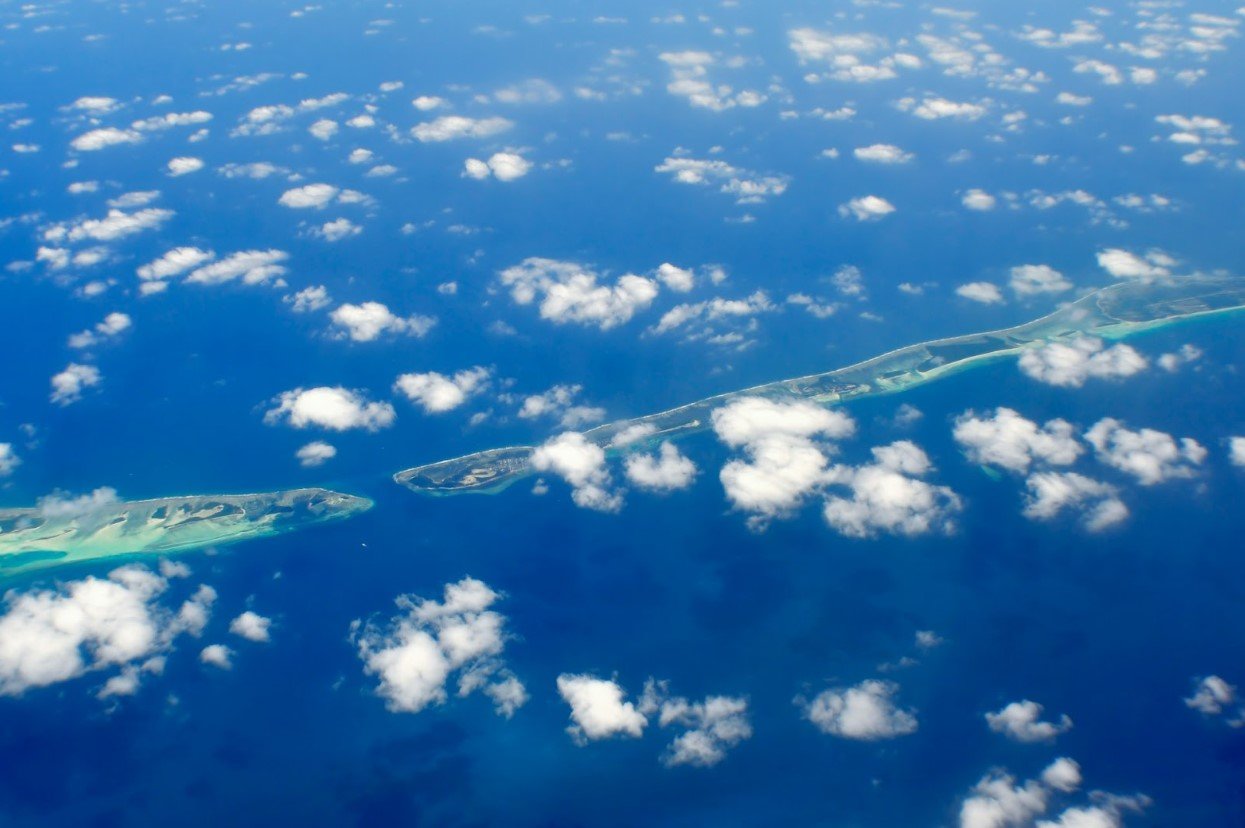
Arial photography of the Maldives, however, paints a different picture. Researchers analyzed decades of aerial photographs and satellite imagery of the area to get an idea of the situation.
These images revealed a remarkable and totally unexpected trend. As per The New York Times, most islands seem to have, in fact, remained stable or even increased in size over the years.
Scientists Weren’t Sure What They Would Find
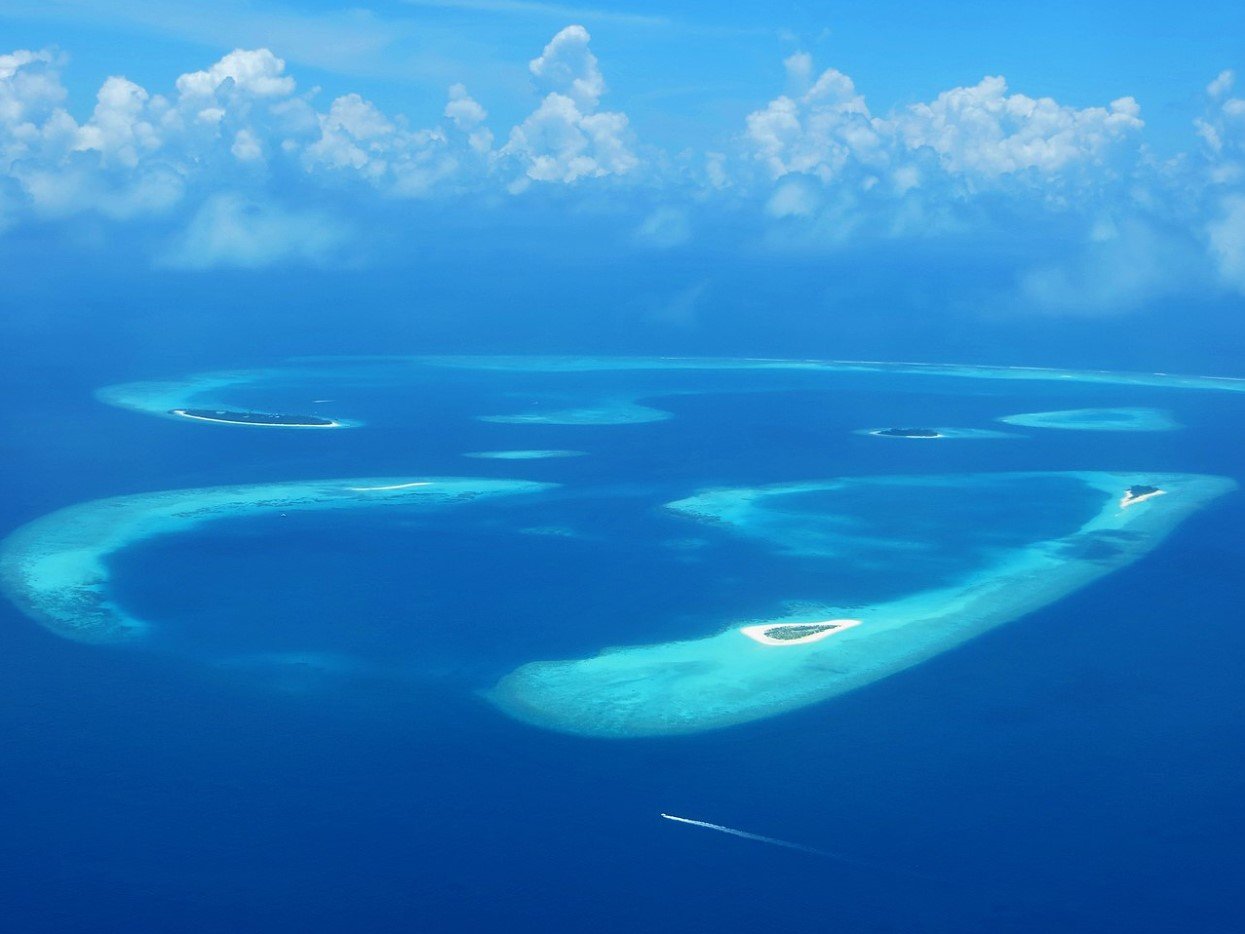
Paul Kench, who co-led the study observing these islands, admitted to The Times, “I’m not sure we really knew what we would find.”
The results were a surprise, albeit an extremely pleasant one, for the scientific community. Bucking the expected trend for planetary devastation in the face of climate change, the study shows secure, thriving tropical islands.
A Conservation Victory
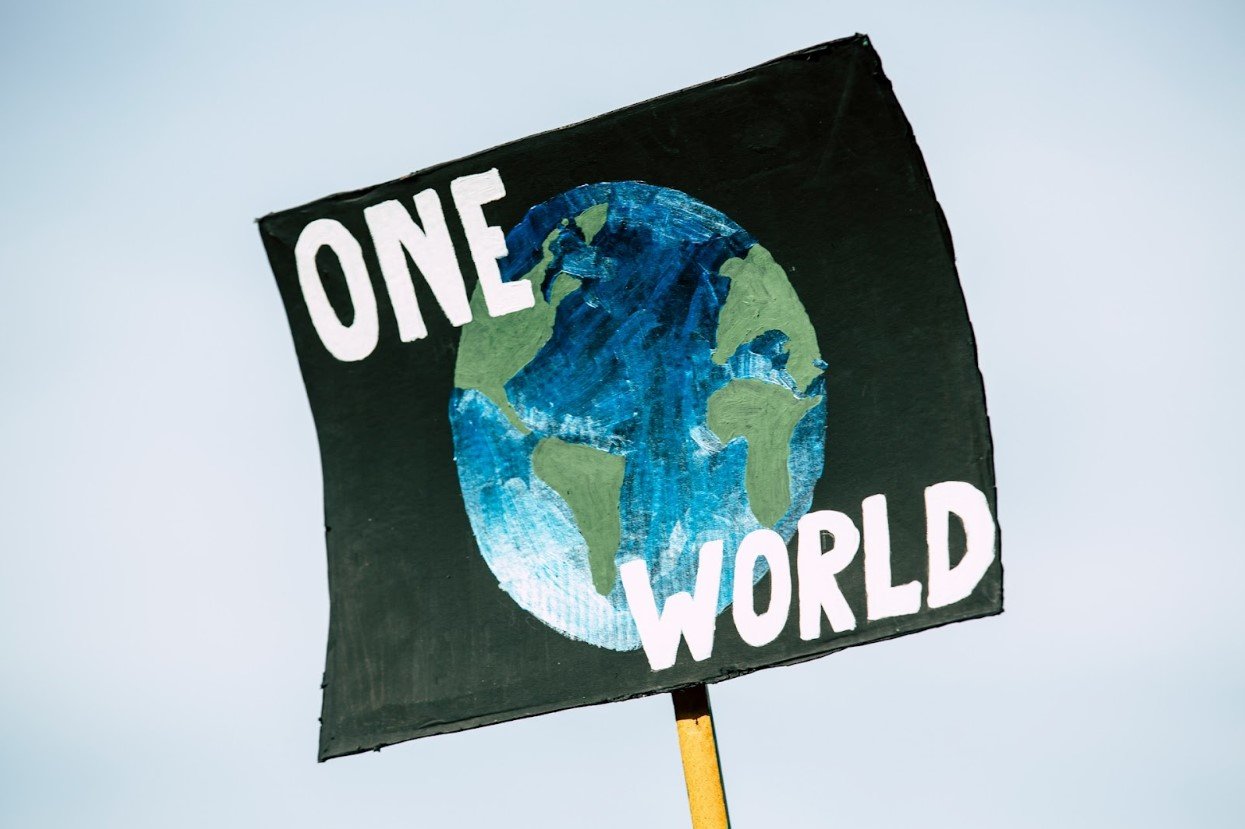
As we face a narrative of climate change meaning lost territories and environments all around the world, these islands surviving or even growing is a huge conservation win.
Stable islands mean that the cultures that call them home can continue to do so. It’s also a huge ecological win that protects vibrant island ecosystems.
Island Ecosystems

Islands have very unique ecosystems. There are some species of plants and animals that are unique to islands and cannot be found anywhere else.
Islands also play a unique role in the history of our species. The diminutive cousin species to modern humans Homo floresiensis, or the Indonesian “hobbit”, likely developed its small stature due to evolving in an island environment.
How the Islands Beat the Odds
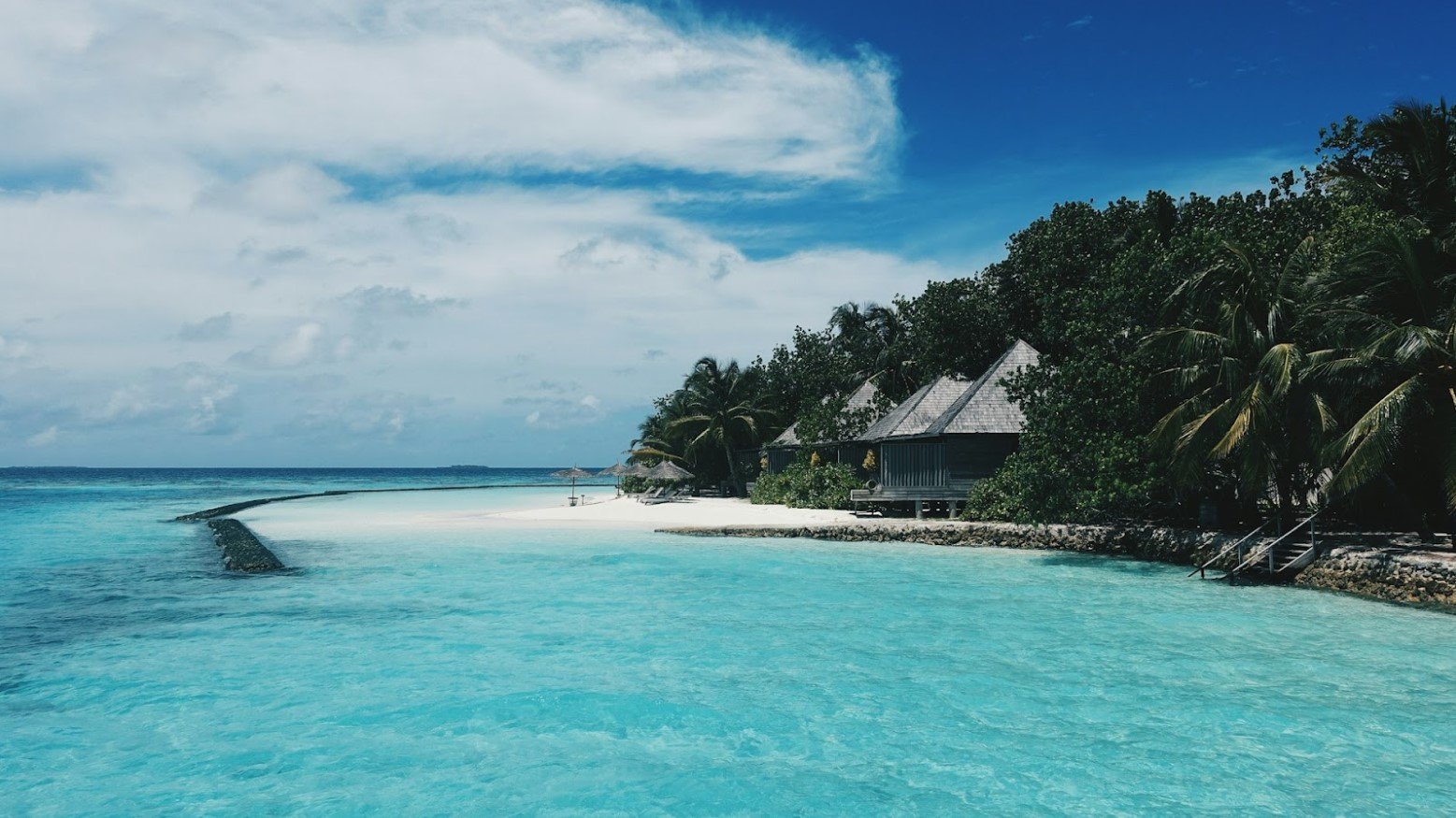
It’s truly remarkable that these islands have somehow managed to survive in the face of rising sea levels. What’s more remarkable is that these rising water levels may in fact hold the key for how they survived.
As the oceans rise, they carry more sand and sediment to the shores of the islands. This serves to replenish land area that was lost to the rising water levels.
A New Look
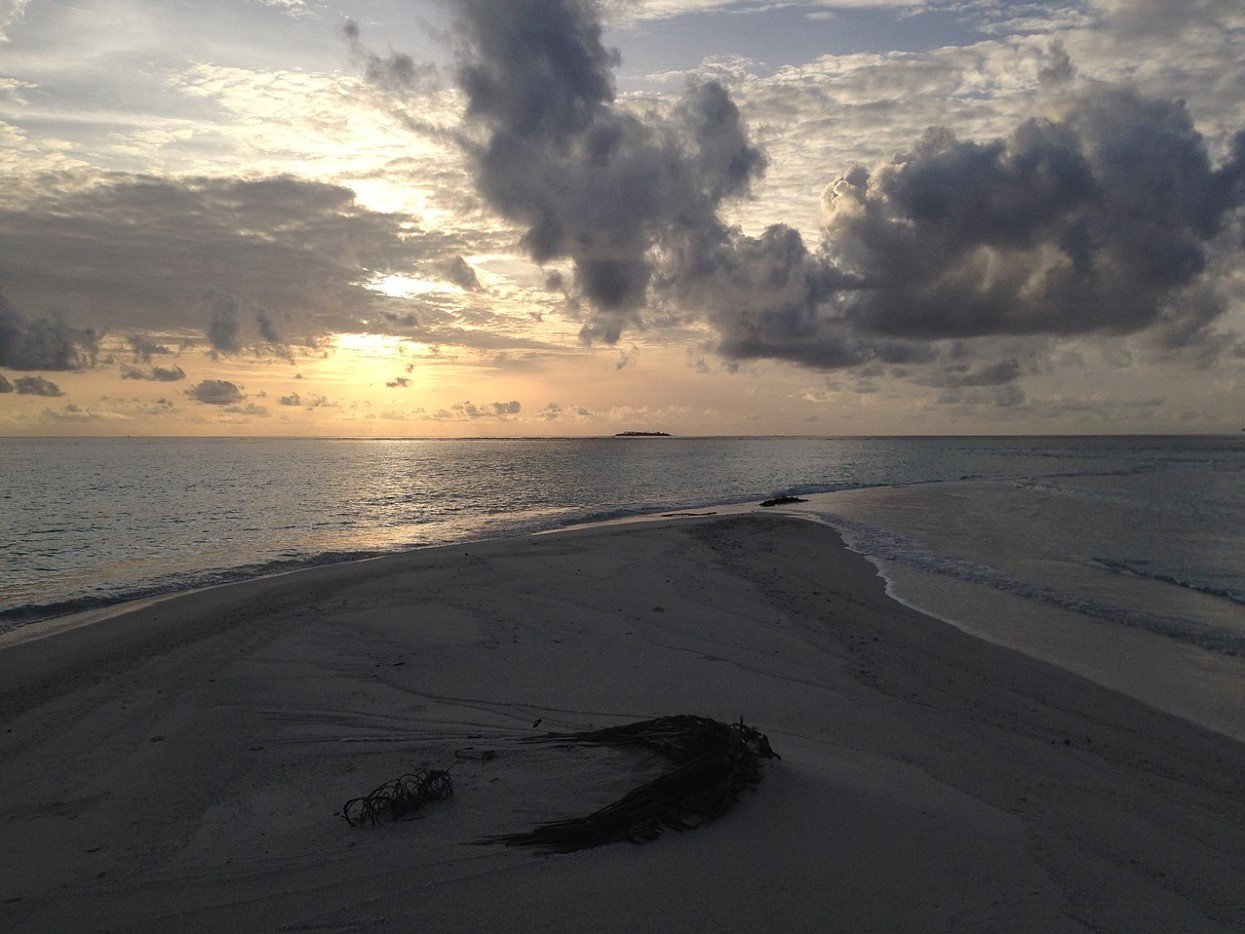
Things might look a little different across these islands now, though. The sand and sediments brought by the waves and currents mean the islands’ positions and shapes may have shifted.
But crucially, they haven’t shrunk. “People obsess on that end of the island,” Kench explains in the Times piece, pointing toward an eroded beach strewn with fallen palms. He continues: “This side has got bigger.”
Ways for Communities to Survive
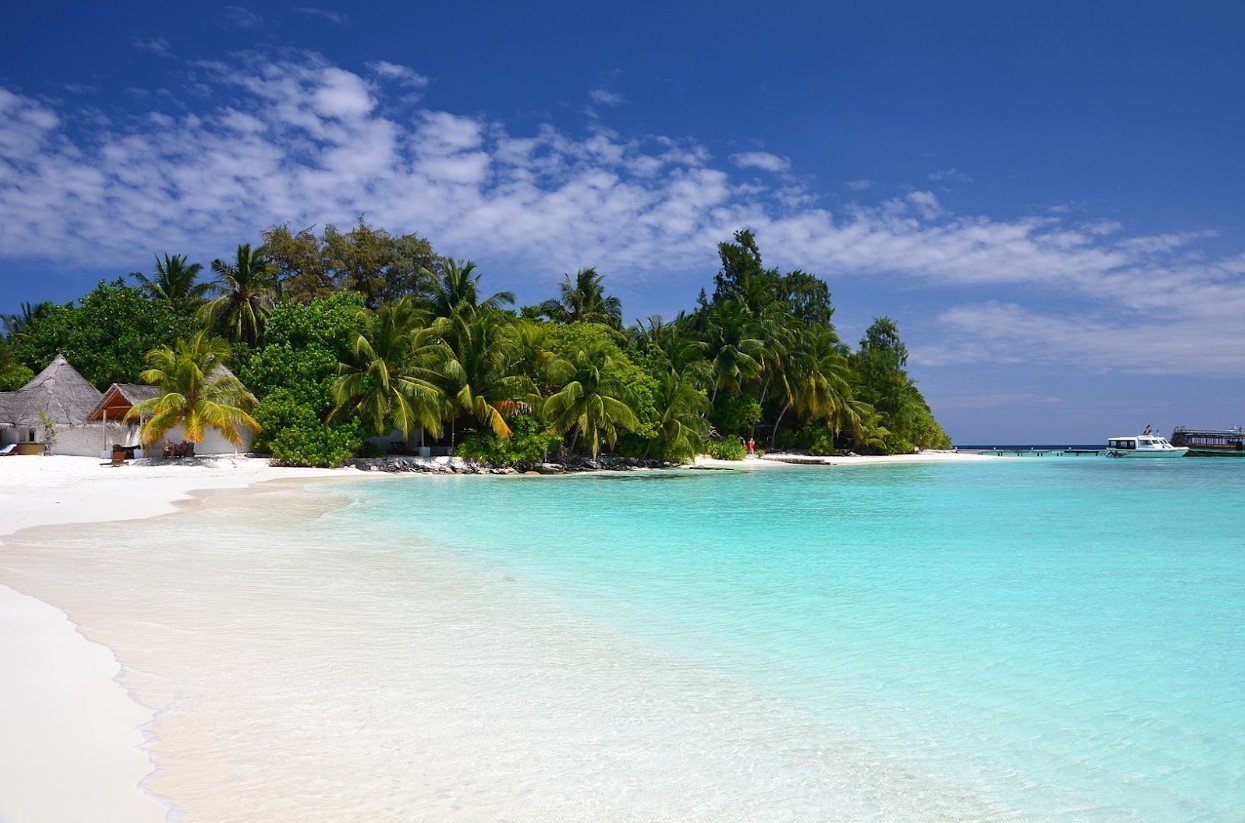
This unexpected, but welcome, change of fate for these islands gives those inhabiting them time to adapt. Their island communities can continue on, but there may be some work ahead.
Communities can survive and thrive by working with nature, protecting these newly growing shorelines, strategically restoring beaches and planning resilient communities that can weather the challenges of climate change.
Avoids a Potential Ecological Disaster

The new outlook for the fate of these islands as oceans rise is not only welcome news for those inhabiting the islands. Neighboring nations can breathe a sigh of relief at a potential ecological disaster avoided.
If the islands were to disappear as previously anticipated, this would leave whole island communities displaced and homeless. This would have potentially led to a slew of climate refugees heading to already overcrowded cities.
The Complex Impact of Climate Change
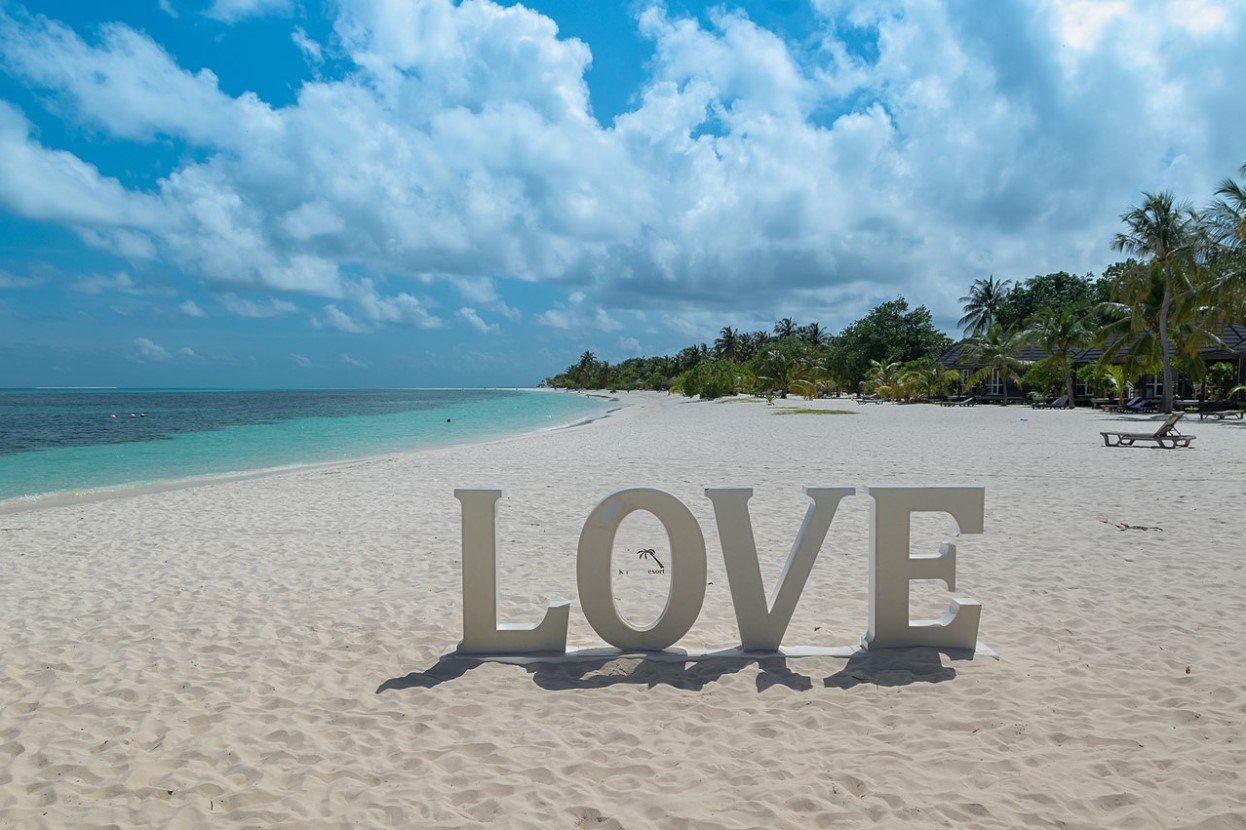
The story of these vanishing islands that refuse to vanish gives us a whole new perspective on the climate crisis and what it means for human civilization moving forward.
Old thinking had it that rising water levels would claim these islands and any communities living on them would be totally displaced. Now we see that there are ways to adapt to nature with proper planning. This doesn’t, however, change the fact that our changing climate is having a profound effect on our planet and how we live. It just means there’s more scope to adapt to these changes than we perhaps realized.
